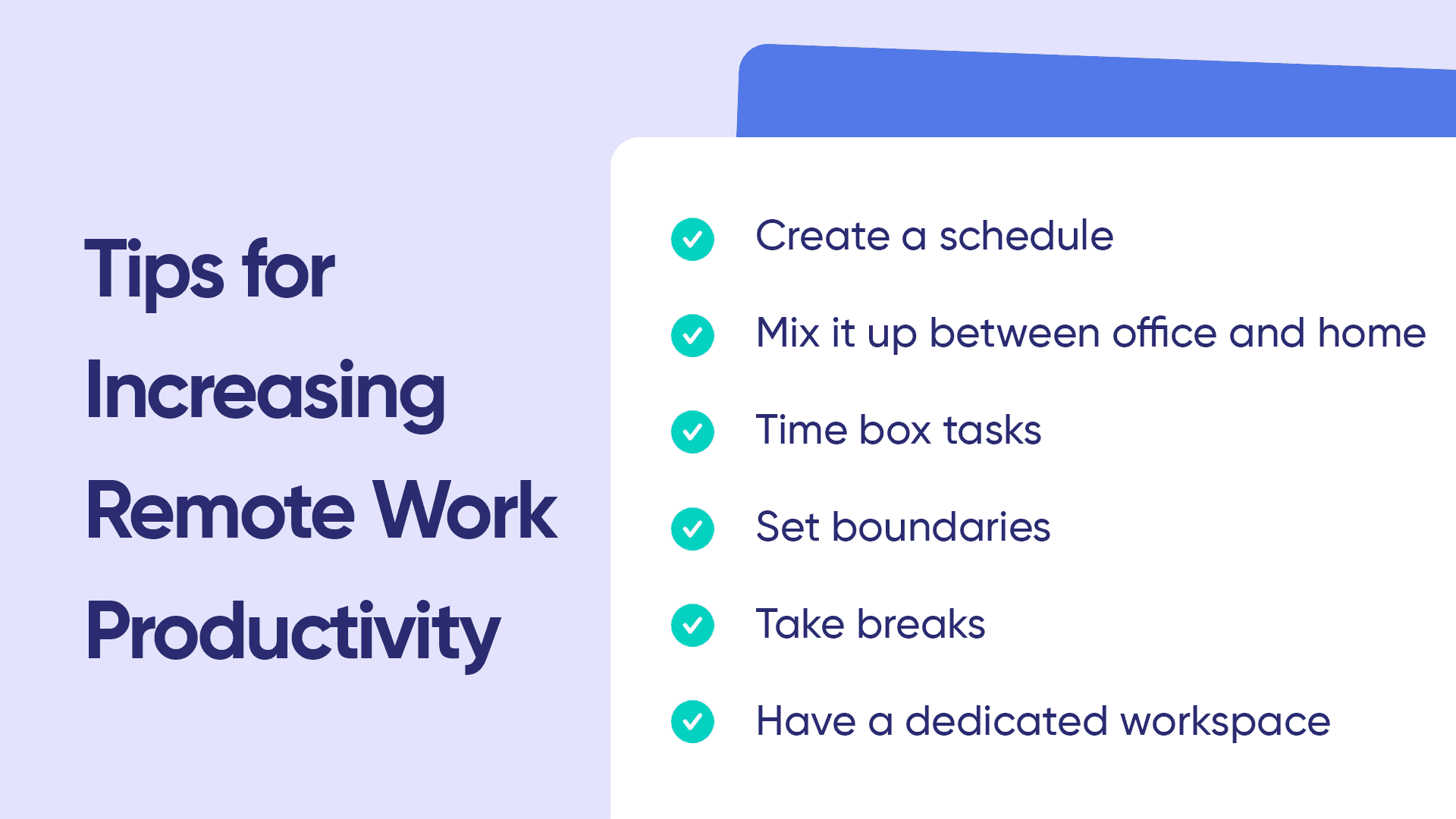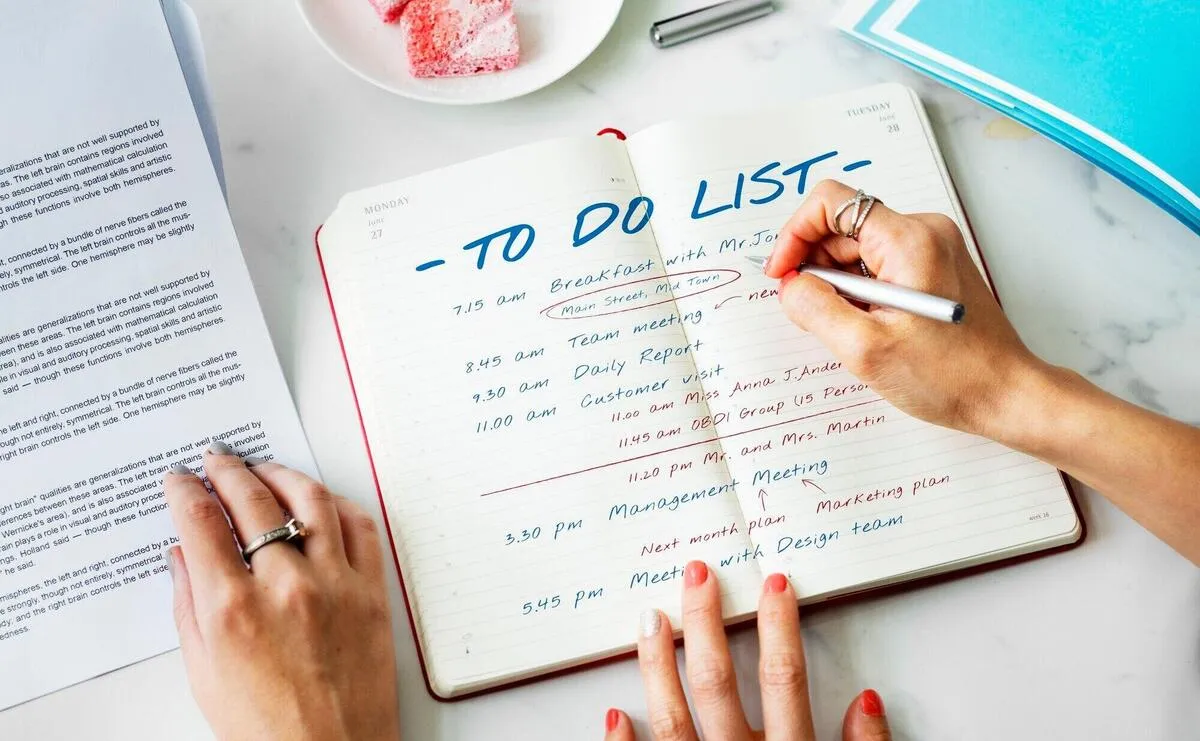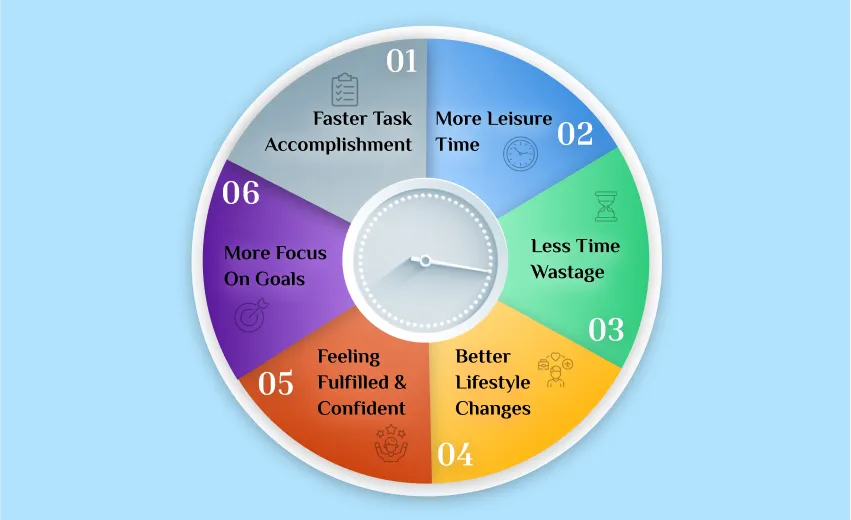In today’s fast-paced world, distractions are everywhere—from buzzing notifications on your phone to endless social media feeds and even the lure of multitasking. While some interruptions are inevitable, excessive distractions can significantly hinder productivity and make it difficult to achieve goals. Fortunately, with conscious effort and strategic techniques, you can regain focus and minimize distractions in your daily life.
Why Do Distractions Happen?
Understanding the root causes of distractions is the first step to addressing them. Distractions often occur because:
- Lack of Clear Goals: Without a clear plan, it’s easy to get sidetracked.
- Overwhelm: When tasks seem daunting, distractions offer a convenient escape.
- Digital Overload: Constant connectivity can make it difficult to focus on one thing at a time.
- Environmental Triggers: Cluttered or noisy surroundings can pull your attention away.
- Mental Fatigue: When your brain is tired, it’s harder to resist temptations.
1. Set Clear Goals and Priorities
One of the best ways to avoid distractions is by having a clear sense of what you want to achieve.
- Write Down Your Goals: Start each day by listing the top 3–5 tasks you need to complete.
- Use the SMART Method: Ensure your goals are Specific, Measurable, Achievable, Relevant, and Time-bound.
- Break Tasks Into Smaller Steps: This makes large projects feel more manageable and reduces the urge to procrastinate.
Example: Instead of saying, “Work on my project,” break it into actionable steps like “Research topic,” “Draft outline,” and “Write introduction.”
2. Create a Distraction-Free Environment
Your surroundings play a significant role in your ability to focus.
- Declutter Your Workspace: A clean and organized area reduces visual distractions.
- Control Noise Levels: Use noise-canceling headphones, play instrumental music, or work in a quiet space.
- Set Boundaries: Let others know when you’re working and prefer not to be disturbed.
- Optimize Lighting and Comfort: Ensure your workspace is well-lit and ergonomically comfortable.
3. Manage Technology Wisely
Technology is one of the biggest sources of distractions, but you can take control with intentional habits.
- Silence Notifications: Turn off non-essential notifications on your phone and computer.
- Use Focus Apps: Tools like Freedom, Focus@Will, or Forest can block distracting websites and apps.
- Designate Tech-Free Zones: For example, avoid using your phone during meals or in your bedroom.
- Schedule Screen Time: Set specific times for checking emails, social media, or messages instead of constantly multitasking.
4. Practice Time Management
Effective time management can help you allocate focused periods for work and rest.
- Use the Pomodoro Technique: Work for 25 minutes, then take a 5-minute break. After four cycles, take a longer 15–30 minute break.
- Plan Your Day in Blocks: Assign specific time blocks for different tasks and stick to the schedule.
- Set Deadlines: Even for tasks without official due dates, creating a deadline can provide motivation.
- Limit Multitasking: Focus on one task at a time to maintain efficiency and reduce errors.
5. Develop Self-Discipline
Building self-discipline is essential for avoiding distractions and staying committed to your goals.
- Start Small: Gradually increase your ability to focus by starting with short, distraction-free work sessions.
- Avoid Temptations: Identify your biggest distractions and take steps to remove or limit them. For example, keep your phone in another room while working.
- Reward Yourself: Use positive reinforcement by treating yourself after completing tasks.
6. Practice Mindfulness
Mindfulness helps you stay present and focused, reducing the tendency to get distracted.
- Try Meditation: Regular meditation can improve concentration and reduce stress.
- Be Aware of Your Triggers: Notice when and why you get distracted to address the underlying cause.
- Refocus Quickly: When you catch yourself drifting, gently bring your attention back to the task at hand without judgment.
7. Prioritize Breaks and Rest
Working non-stop can lead to burnout and make distractions harder to resist.
- Take Regular Breaks: Short breaks can refresh your mind and improve productivity.
- Move Your Body: Stretch, take a walk, or do light exercise during breaks to re-energize.
- Get Enough Sleep: A well-rested mind is better equipped to handle tasks and resist distractions.
8. Limit Social Media Use
Social media is a common distraction that can consume hours if left unchecked.
- Schedule Social Media Time: Limit yourself to specific periods each day for checking feeds.
- Unfollow Unnecessary Accounts: Reduce the clutter on your feeds to make scrolling less time-consuming.
- Use Apps to Track Usage: Tools like Screen Time (iOS) or Digital Wellbeing (Android) can help you monitor and reduce screen time.
9. Stay Accountable
Accountability can help you stay on track and avoid distractions.
- Share Goals with Others: Tell a friend, family member, or colleague about your goals to create accountability.
- Join a Study or Work Group: Collaborating with like-minded individuals can motivate you to stay focused.
- Use Productivity Tools: Apps like Trello, Asana, or Notion can help you organize and track your progress.
10. Learn to Say No
Sometimes, distractions come in the form of additional commitments or requests from others.
- Set Boundaries: Politely decline activities that don’t align with your priorities.
- Be Honest About Your Time: Let others know when you’re unavailable to prevent unnecessary interruptions.
- Practice Delegation: If possible, delegate tasks to others to free up time for your focus areas.
11. Build a Routine
Establishing a consistent routine can help minimize decision fatigue and reduce opportunities for distractions.
- Start Your Day with Intentions: Set a clear plan for the day first thing in the morning.
- Establish Work Hours: Stick to specific hours for focused work, even if you work from home.
- Incorporate Rituals: Simple habits like making coffee before starting work can signal your brain that it’s time to focus.




